Optimal Timing for Foundation Repairs
Foundation repairs are most effective when performed during specific conditions that minimize soil movement and environmental impact. Understanding the optimal timing can help ensure the longevity and stability of the repair work.
Spring offers moderate temperatures and consistent moisture levels, which can facilitate effective soil stabilization during foundation repairs.
Dry weather reduces soil expansion and contraction, making it an ideal period for foundation stabilization projects.
Early fall provides stable soil conditions before winter, reducing the risk of freeze-thaw cycles affecting repairs.
Performing repairs during freezing weather can hinder soil movement and cause additional complications.
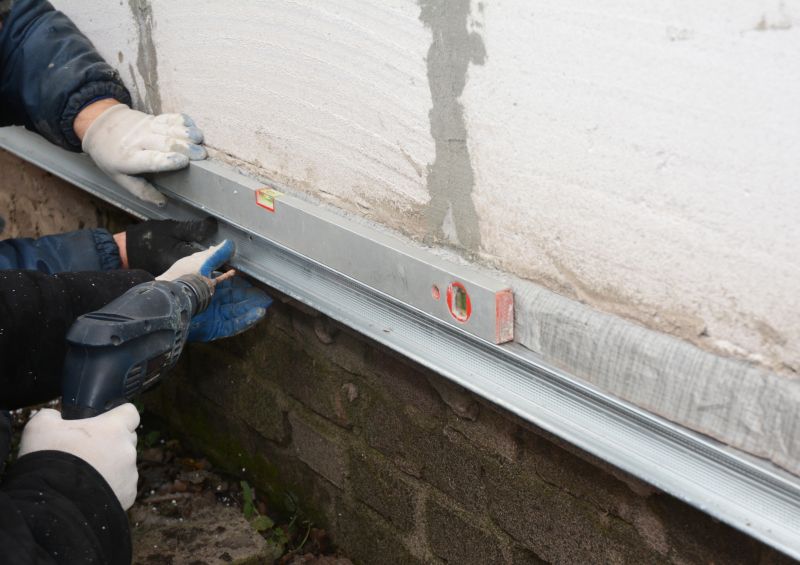
Spring's moderate climate supports soil stabilization and effective repair work.
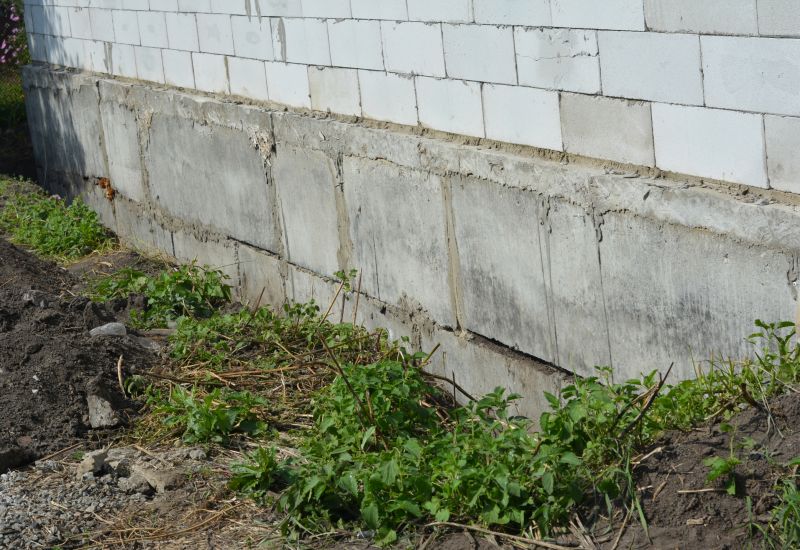
Dry months help prevent soil shifting during repairs, ensuring better results.
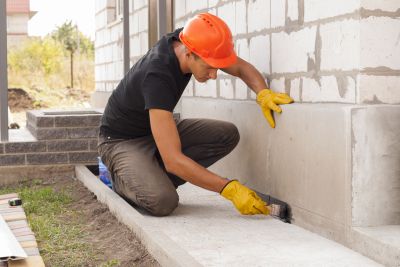
Early fall offers stable conditions before winter's freeze-thaw cycles.
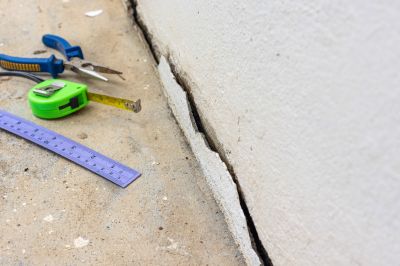
Ways to make Foundation Repairs work in tight or awkward layouts.
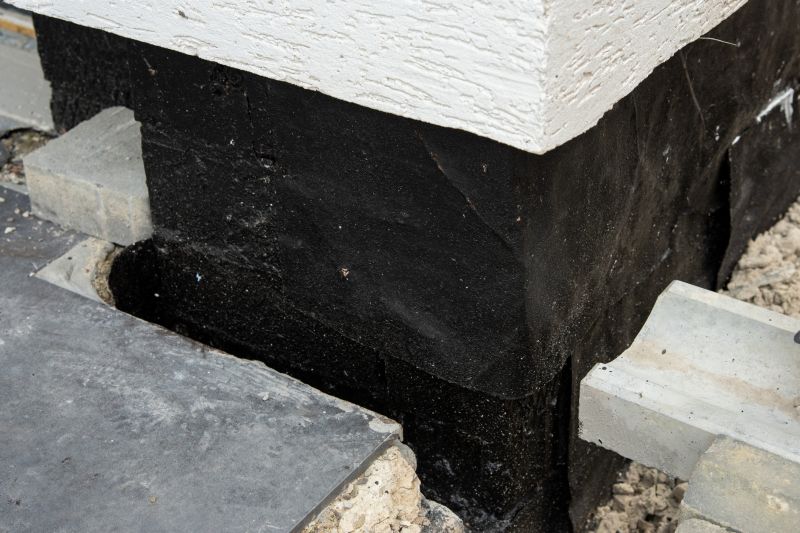
Popular materials for Foundation Repairs and why they hold up over time.
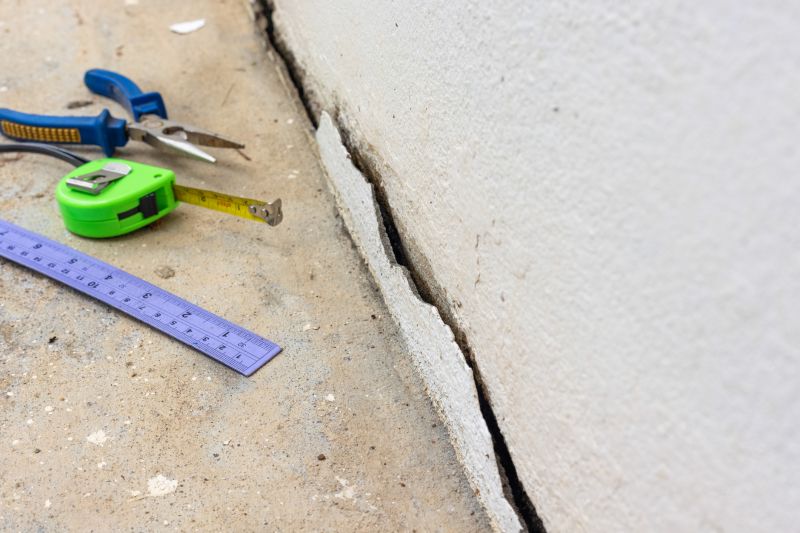
Simple add-ons that improve Foundation Repairs without blowing the budget.
| Season | Optimal Conditions |
|---|---|
| Spring | Moderate temperatures and consistent moisture |
| Summer | Dry weather with low soil expansion |
| Fall | Stable soil before winter |
| Winter | Not recommended due to freeze-thaw cycles |
In regions like Alpharetta, Georgia, seasonal weather variations can impact foundation stability. Warm, dry periods tend to favor repair activities, while freezing temperatures and excessive moisture can complicate the process. Consulting with foundation specialists can help determine the most suitable time for repairs based on specific site conditions and local climate patterns.
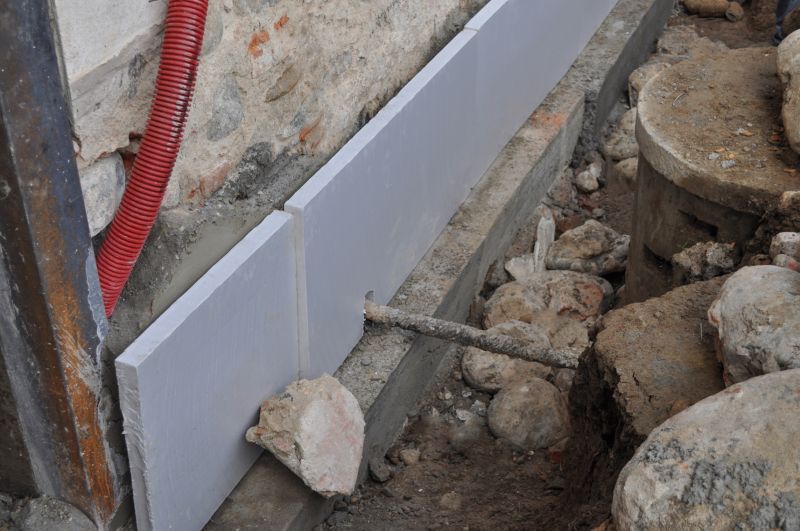
Effective repairs involve soil stabilization, piering, and underpinning tailored to seasonal conditions.
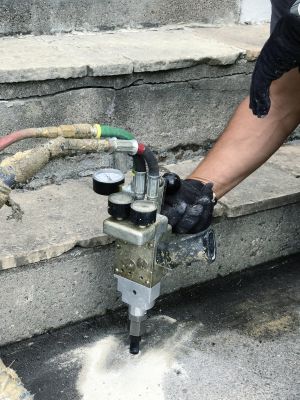
Methods like mudjacking and underpinning are used to reinforce soil and foundation stability.
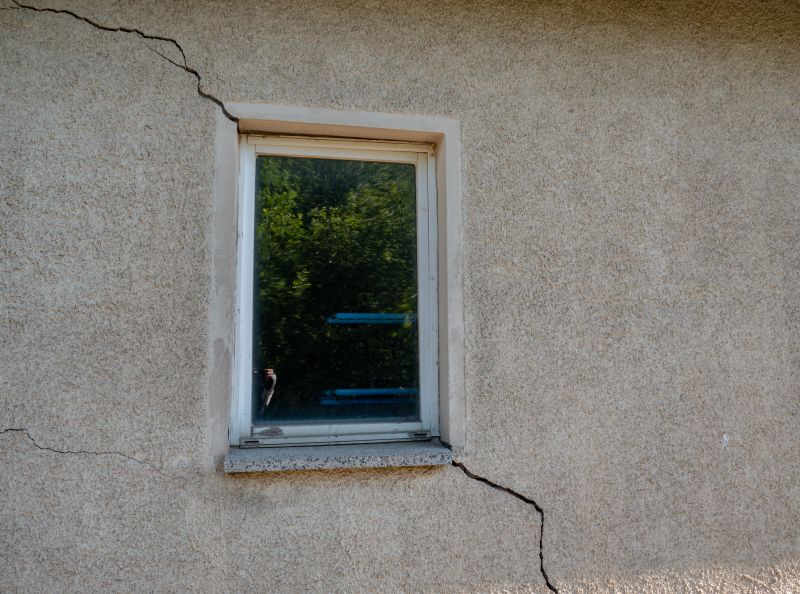
Cracks, uneven floors, and sticking doors may indicate the need for repair during optimal seasons.
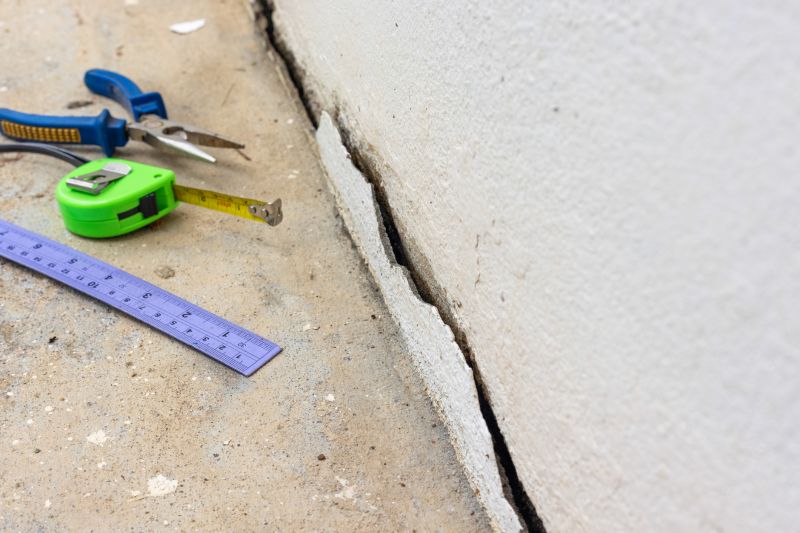
A thorough assessment helps identify the best timing and approach for foundation repairs.
Interested property owners in Alpharetta, GA, should consider seasonal conditions when planning foundation repairs. Proper timing can improve repair outcomes and prevent future issues. Consulting with experienced foundation specialists is recommended to determine the most appropriate schedule based on local climate patterns.
For further assistance or to discuss foundation repair options, filling out the contact form can provide valuable guidance tailored to specific site conditions and seasonal considerations.


